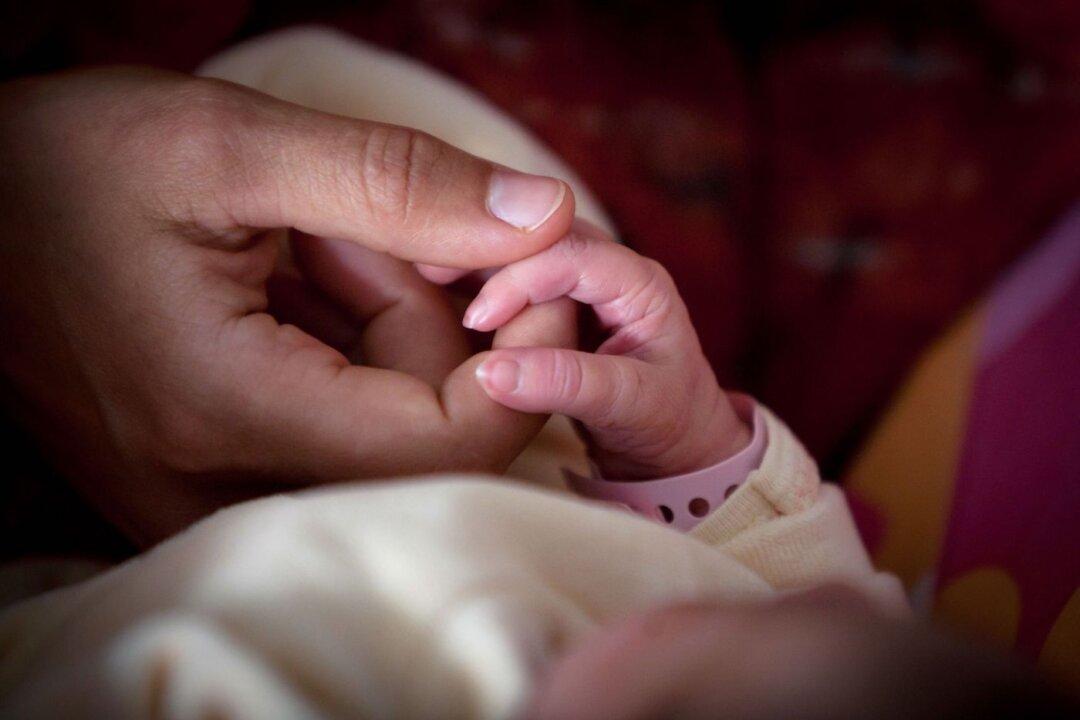The world’s population hit the 8 billion mark on Nov. 15 with the birth of a baby girl in the Philippines.
The newborn, named Vinice Mabansag, was born at 1:29 a.m. local time at the Dr. Jose Fabella Memorial Hospital in Manila, local media GMA News reported. Her birth was announced by the Philippines’ Commission on Population and Development on Facebook alongside photos of the child with her mother.





